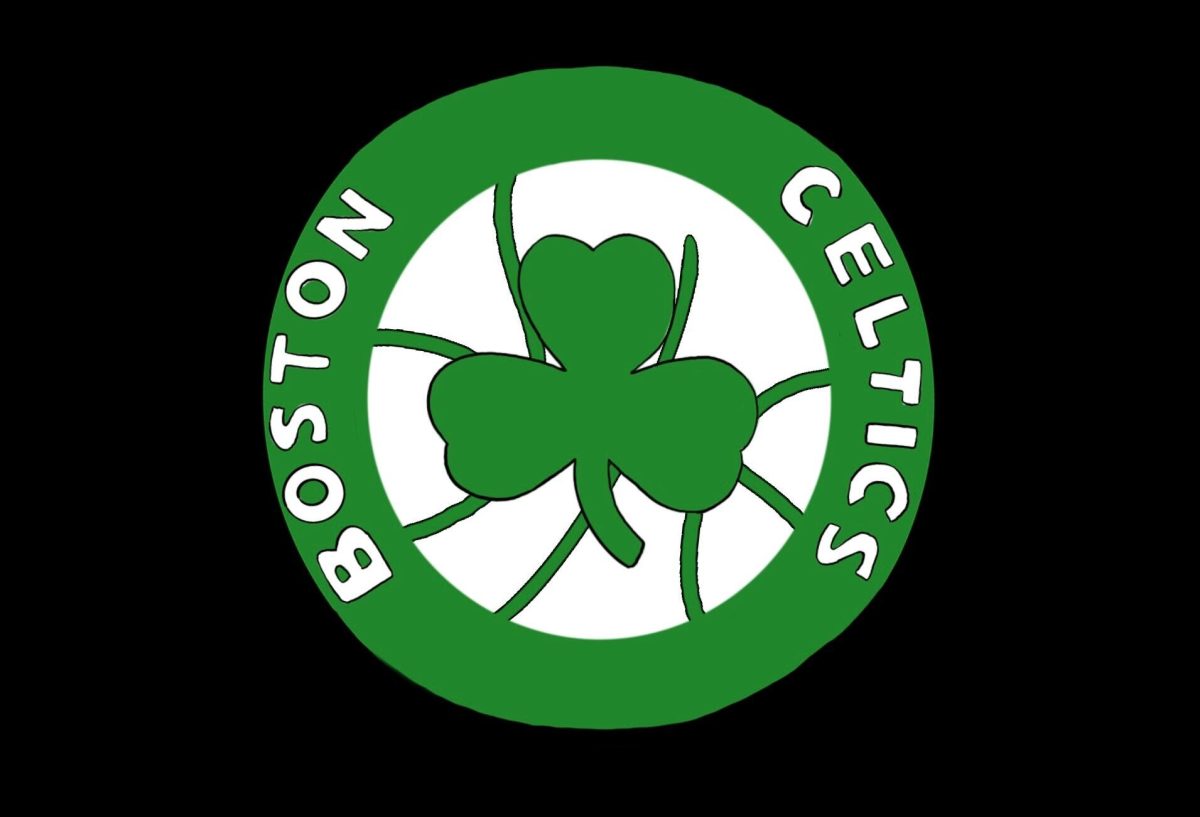By Alex Frandsen, sports columnist
Two weeks ago, we saw the NFL at its nastiest.
The Pittsburgh Steelers played the Cincinnati Bengals in the first round of the playoffs, and what should have been nothing more than a passionate rivalry game turned into an apocalyptic version of the NFL. Coaches yanked players by their hair, the game was peppered with tackles ranging from brutal to downright malicious and the Steelers’ game-winning drive was aided by back-to-back penalties, one of which came when Bengal linebacker Vontaze Burfict attempted to decapitate wide receiver Antonio instead of simply tackling him.
It was barbaric, ugly and hard to watch. Writers and TV analysts hammered both teams, and the idea that games like this could eventually lessen the NFL’s popularity, if not end it altogether, was shared widely.
But this week, the football gods blessed us with the Arizona Cardinals vs. Green Bay Packers matchup. In what was one of the most riveting games in the sports history, the Cardinals fended off a miraculous Packer comeback led by league golden child Aaron Rodgers, thanks to a superhuman effort from wide receiver Larry Fitzgerald. If the Steelers-Bengals game was the NFL at its worst, this was the NFL at its best, with two squeaky-clean stars trading blows in a classic.
Because of that game, the events of the prior week are already near forgotten. The conversation has shifted away from concern about violence in football to sheer excitement for the conference championship games, and most fans have settled back into blissful ignorance, a condition under which the NFL thrives. That startling phenomenon – the smooth switch between uproar and adoration – is exactly what makes the future of the sport so complex. The NFL is the athletic manifestation of Harvey Two-Face, and fans are coming to a critical point where they will have to make a decision: accept concussions and ugliness as part of the game or reject it in the hopes of something better.
It’s a harder decision than appears on the surface because the NFL is just so loved. Baseball may be our national pastime, but football has woven itself tightly into our culture. It’s probably a safe bet to say that many people care more about their local franchise than their local government. Fans today weren’t raised to think about a player’s long-term brain health when they see a huge hit; they were raised to stomp and cheer.
The damage the NFL does to its players starts on the field, but the tangible aftermath of it is hidden away from the fans. The worst of it usually comes after a player has retired, long gone from the eye of the public.
However, that veil has begun to be lifted. Numerous suicides of former players have been linked to football-related conditions, and scientific studies have explicitly shown the damage football does to the brain.
Our parents had an excuse for their ignorance about the game: they simply didn’t know how bad it was. We do.
The widespread availability of information has forced us to confront the realities of the sport. If we hear about something like the recent suicide of former NFL running back Lawrence Phillips and then watch the games on Sunday without batting an eyelash, we have done nothing but transition from ignorance into hypocrisy.
Not letting your future kid play football in its current iteration is nice, but there will be other kids to fill their spots. So while it may sound silly, the most powerful move we have is to simply turn off the TV. Without the viewers and fans, the league is nothing. If we want to send a clear message that the NFL has to change something, it starts with us not giving them our attention and money.
Next time you see a player target someone’s helmet? Turn it off.
Next time you hear about a former player come down with early-onset Alzheimer’s? Go for a hike on Sunday afternoon instead of buying tickets to the Pats game.
Not watching your team play every week is almost unthinkable. The thought of missing out on a game like the Cardinals-Packers one makes me nearly shudder. But the alternative is complacency. The alternative is more and more cases of CTE, of hazy memories, of cognitive loss. The alternative is letting the league slowly kill itself instead of us spurring change within it now.














